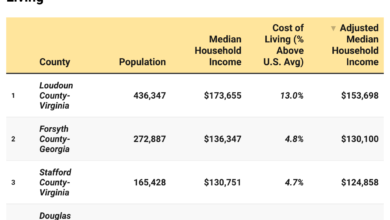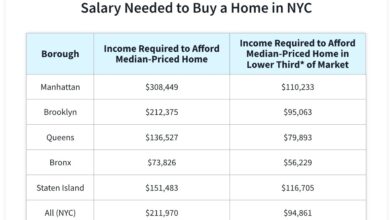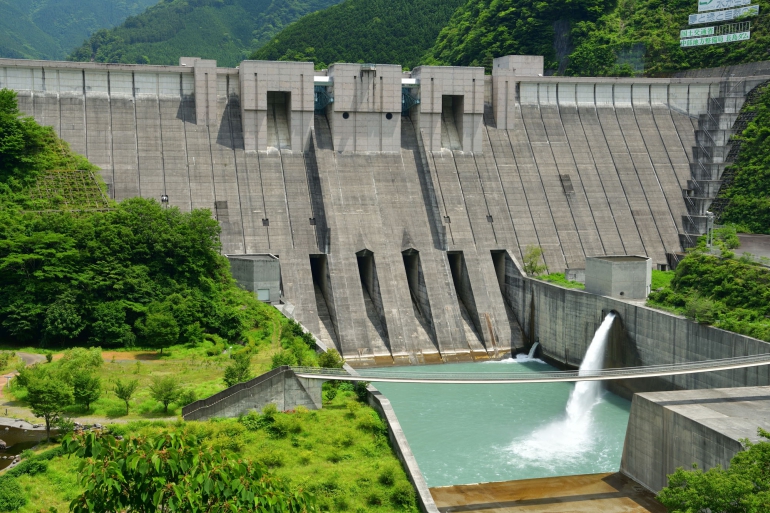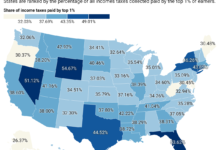Rich countries commit to releasing billions of dollars to support the battle against climate change

Leaders at the “Summit for a New Global Financial Pact” in Paris announced that multilateral development banks are anticipated to generate an additional $200 billion in resources to support emerging economies.

World leaders, convening at a summit in Paris to address the climate transition and the post-COVID debt burdens faced by impoverished nations, have emphasized the need for multilateral development banks (MDBs) like the World Bank to generate an additional $200 billion to support low-income economies. Achieving this goal would involve assuming higher risks, potentially requiring wealthier nations to inject additional funds. The leaders expressed confidence that their plans would attract substantial private sector investment, securing billions of dollars in matching contributions.
Furthermore, the leaders stated that the long-awaited commitment of $100 billion in climate finance for developing countries was now within reach. However, many participants at the summit expressed concerns over the World Bank and the International Monetary Fund’s ability to effectively address the most urgent challenges and advocated for comprehensive reforms.
The final statement of the summit, obtained by Reuters, outlined the expectation of increasing MDBs’ lending capacity by a total of $200 billion over the next decade through the optimization of their balance sheets and a willingness to take on greater risks. Recognizing the potential need for additional capital, the document acknowledged that affluent nations might have to inject further financial resources—a significant acknowledgment not previously included in a summit declaration.
U.S. Treasury Secretary Janet Yellen, representing the largest shareholder countries of the IMF and World Bank, had stressed the importance of development banks maximizing their lending capacity before considering the possibility of capital increases.
The final summit declaration called for a 1:1 matching of private finance for every dollar of lending by development banks. Analysts believe this move could leverage an additional $100 billion of private funds in developing and emerging economies. These announcements demonstrate an increased commitment from development banks in combating climate change and provide a path for further advancements leading up to their annual meetings later this year.
However, not all climate activists were satisfied with the outcomes. Harjeet Singh, head of global political strategy at Climate Action Network International, expressed criticism towards the results. Singh argued that while the roadmap acknowledges the need for significant financial resources to support climate action, it overly relies on private investments and assigns an excessive role to multilateral development banks.







